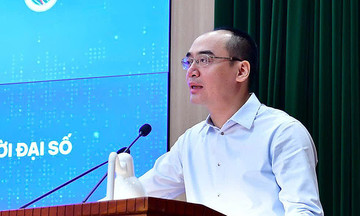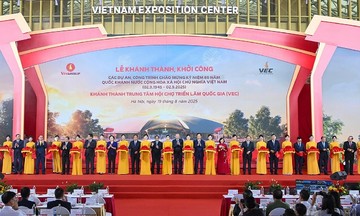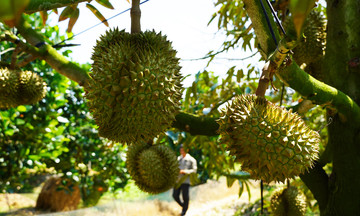According to Master of Science Nguyen Le Duc Trong, an agricultural expert from Petroleum Fertilizer and Chemicals Corporation (PVFCCo), the producer and distributor of Phu My Fertilizer products, "caring for soil health" should be seen as a proactive farming strategy, rather than just focusing on immediate yields.
Many key agricultural regions like the Central Highlands, the Mekong Delta, and Southeast Vietnam are facing soil degradation, hardening, and poor water and nutrient retention. The main cause is intensive farming for many years, combined with improper fertilizer use; using high doses of fertilizers in the hope of boosting rapid plant growth and high yields.
However, after a few seasons, the soil becomes depleted, beneficial microorganisms decrease significantly, and soil organic matter is not replenished. As a result, crops are susceptible to diseases, yields decrease, and farmers have to spend more money on pesticides and fertilizers, creating a vicious cycle of costs.
Faced with this situation, the Phu My expert believes the solution is not to eliminate chemical fertilizers – which still play a role in providing essential mineral nutrients for plants – but to intelligently combine inorganic and organic fertilizers.
Organic fertilizer, especially the high-tech fermented type supplemented with beneficial microorganisms, helps improve the topsoil by increasing humus, improving the loose soil structure, increasing moisture retention, and creating a favorable environment for soil microorganisms to develop. Meanwhile, chemical fertilizers provide a readily available source of nitrogen, phosphorus, and potassium, helping plants grow quickly and uniformly.
The combination of these two fertilizer groups balances short-term and long-term goals. Plants receive sufficient nutrients throughout their growth cycle, while the soil is gradually improved in a sustainable direction, avoiding "burnout" after a few seasons. Research and farming practices in many localities show that when organic and chemical fertilizers are used together, plants often have better resistance, are less susceptible to fungal diseases, have stronger and deeper roots, thereby reducing the need for pesticides, protecting the environment, and promoting public health.
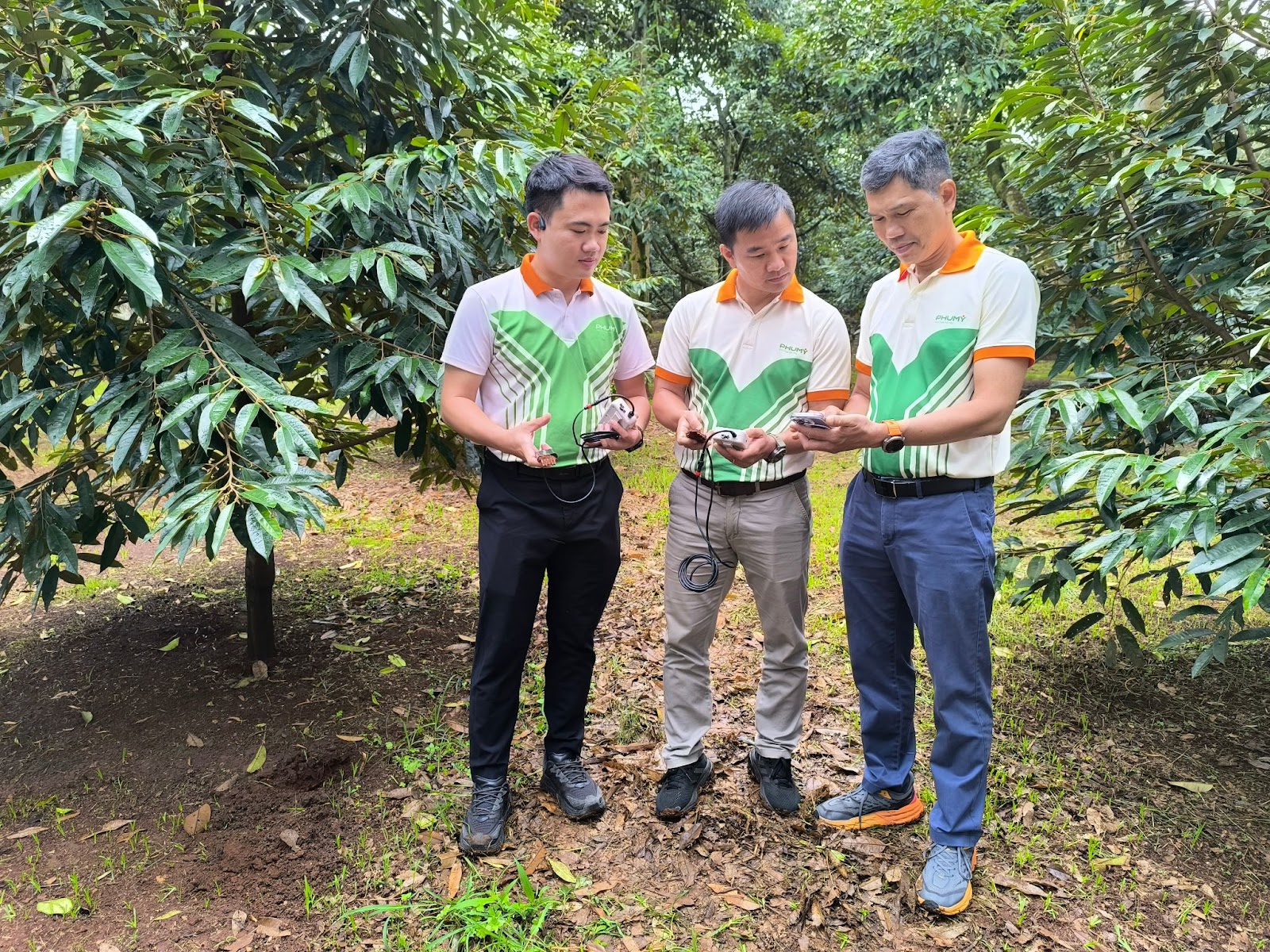 |
Phu My experts analyze the soil to advise farmers on effective cultivation and care techniques. Photo: Phu My |
Since 2022, Phu My has launched a line of NPK Phu My products supplemented with microorganisms, a combination of NPK Phu My fertilizer and beneficial microorganisms (Bacillus spp.) in spore form, at high density. Modern production technology integrates all three macronutrients and microorganisms into the same fertilizer granule, helping plants absorb nutrients effectively while improving soil looseness, increasing water retention, stimulating root development, increasing resistance, and decomposing hard-to-digest organic matter to enrich the soil.
Recently, the company launched the Phu My organic fertilizer product line to meet the needs of soil improvement, aiming for a circular and sustainable agriculture. The product is made from chicken manure, fermented using Japanese technology, resulting in a high organic fertilizer content from 60 OM-80 OM. In addition to organic fertilizers, Phu My also supplies Sumagrow Inside biological fertilizer, imported from the US, creating a "inorganic - organic - biological" trio.
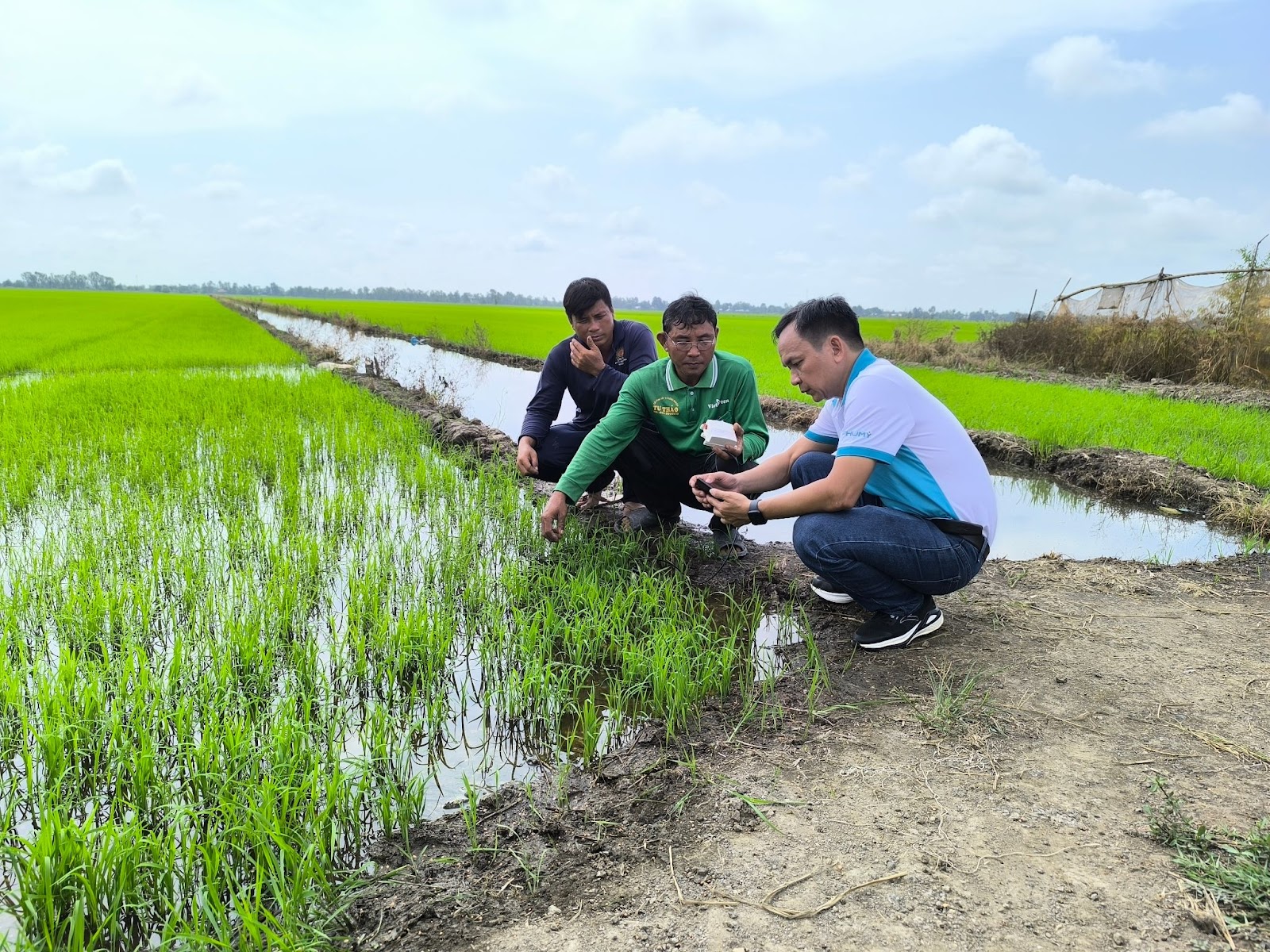 |
Phu My experts guide farmers on effective cultivation practices. Photo: Phu My |
According to Phu My experts, with this "golden" trio, Phu My's fertilizer product ecosystem has been synchronized, including inorganic groups such as Phu My Urea, Phu My Potash, and Phu My DAP, new generation NPK Phu My lines supplemented with secondary and micronutrients such as sulfur, zinc, boron, iron, helping plants increase productivity, enhance resistance, improve fruit setting, and produce high-quality agricultural products.
Combining organic and biological fertilizers according to each stage of plant growth, from soil improvement, basal dressing, top dressing to fruit nourishment, creates a closed "soil nourishment - plant nourishment" cycle, ensuring healthy plants, sustainable soil, cost savings, and reduced environmental pressure. This is also one of Phu My's product development orientations in the coming period, towards a more responsible and sustainable agriculture.
However, besides the support from businesses, the proactive role of farmers is the decisive factor. Phu My experts emphasize that to effectively regenerate soil, growers need to change their farming mindset, shifting from "feeding plants with fertilizer" to "nourishing the soil so the soil nourishes the plants." Some necessary measures include proper fertilizer use, increased use of high-content organic fertilizers, and utilizing agricultural byproducts such as rice straw and coffee husks for composting instead of burning. Using soil conditioners like lime to raise the pH in a reasonable and scientific manner is also crucial.
"Soil regeneration is no longer an option, but a prerequisite for maintaining crop yield and quality in the long term, especially when the climate is increasingly unstable and soil resources are gradually depleting," the expert emphasized. "With the products and solutions being implemented, Phu My Fertilizer aims not only to provide nutrients for plants but also to accompany farmers in protecting soil resources - the foundation of every sustainable farming journey."
The Dan






